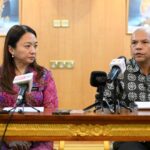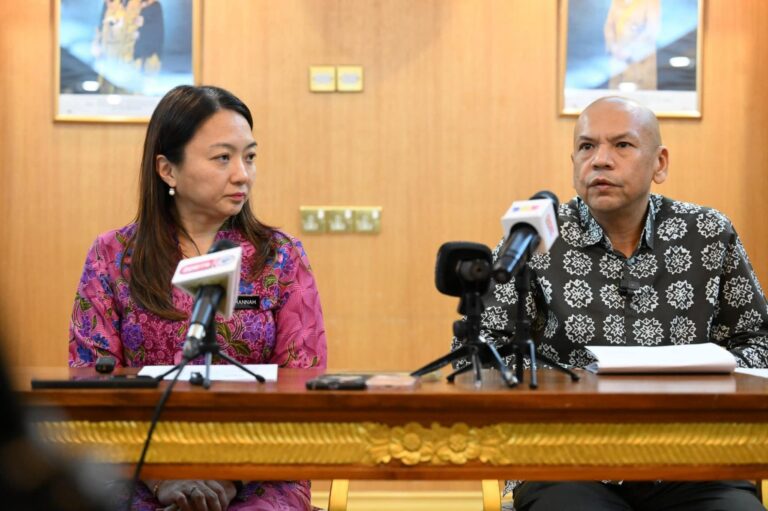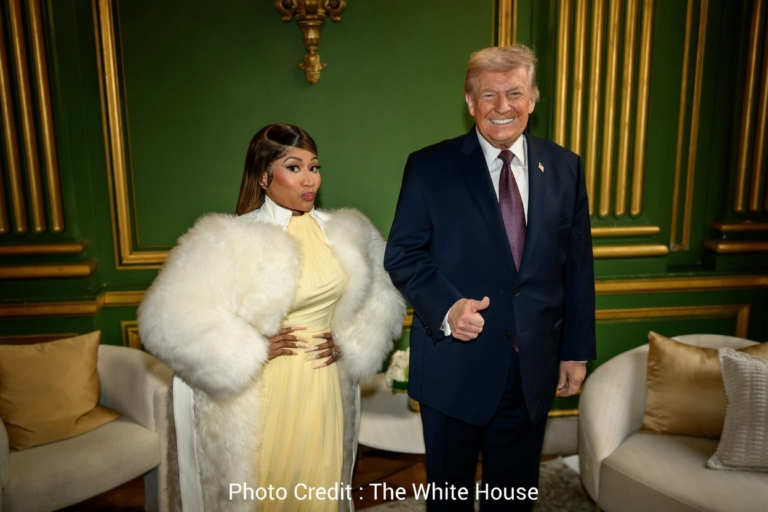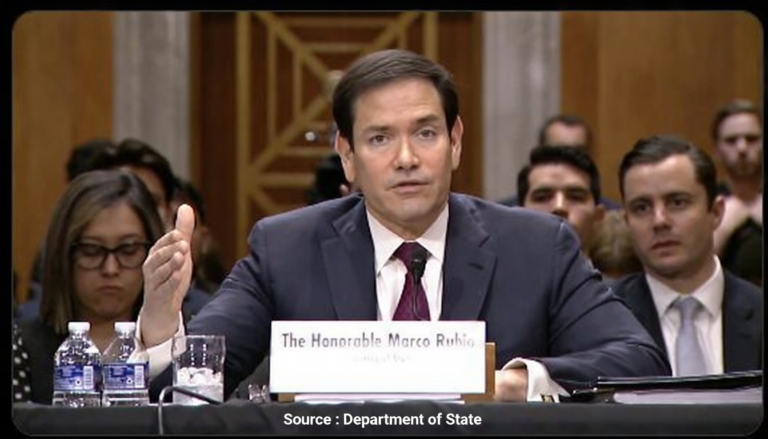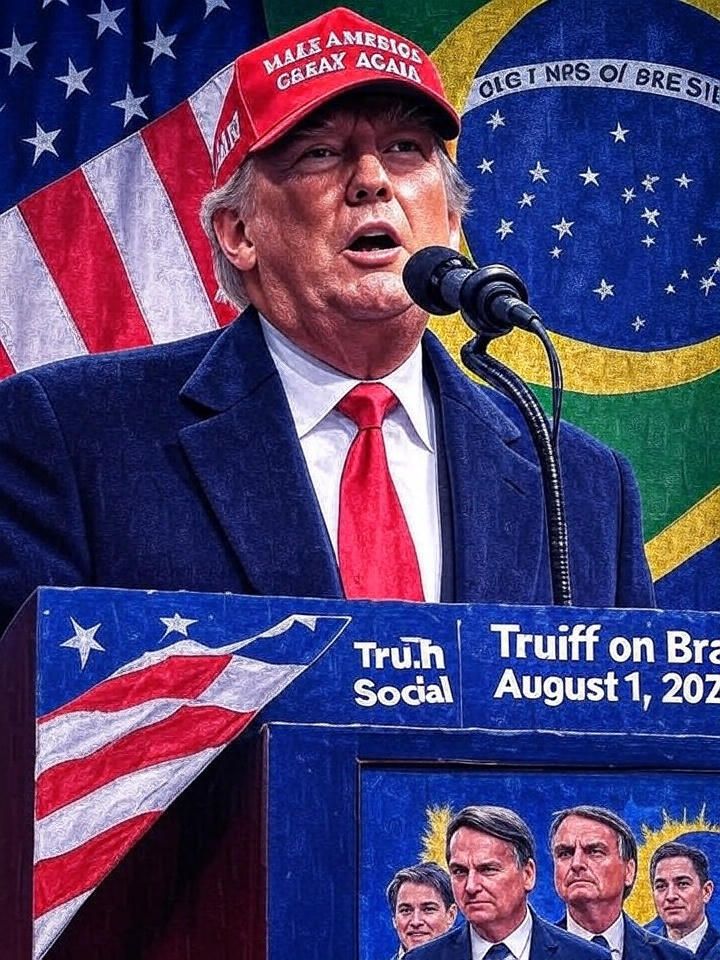
WASHINGTON D.C, July 9, 2025 – In a dramatic escalation of trade tensions, U.S. President Donald Trump has announced a 50% tariff on all Brazilian exports to the United States, effective August 1, citing Brazil’s handling of the ongoing trial of former President Jair Bolsonaro as a “witch hunt.” The announcement, made via a letter posted on Truth Social on July 9, has sent shockwaves through global markets and strained relations between the two nations.

The tariff move follows a contentious exchange between Trump and Brazilian President Luiz Inácio Lula da Silva during the recent BRICS summit in Rio de Janeiro. Lula had publicly rebuked U.S. attempts to influence Brazil’s judicial process, particularly regarding the trial of Bolsonaro, who is accused of orchestrating a coup attempt following his 2022 election loss. Trump, a vocal supporter of Bolsonaro—whom he described as “a highly respected leader”—condemned the Brazilian Supreme Court’s actions, including secret censorship orders imposed on U.S. tech companies like Trump Media and Elon Musk’s X.
Brazil’s Supreme Court has been at the center of a legal firestorm with U.S. tech firms, issuing fines and temporary bans over alleged misinformation related to the 2022 election. Trump’s letter specifically criticized these measures, announcing a Section 301 investigation into Brazil’s digital trade practices under the Trade Act of 1974, signaling further potential trade actions.
Despite the U.S. enjoying a $7.4 billion trade surplus with Brazil—driven by exports of machinery and imports of Brazilian meat, coffee, and ethanol—the new tariff marks a significant shift. Economists warn that the 50% levy could disrupt this balance, with Brazil likely to redirect exports to BRICS allies and other markets, accelerating the de-dollarization of trade. The Brazilian real plummeted over 2% against the dollar following the announcement, reflecting investor unease.
This is not the first time Trump has targeted Brazil with trade measures. In April 2025, he imposed a 10% tariff on Brazilian goods, a figure now tripled in the latest move. The decision has reignited fears of global trade wars, with analysts noting that Trump’s erratic tariff strategy could exacerbate inflation in the U.S., a concern echoed in recent Federal Reserve minutes.
Brazilian officials have yet to issue an official response, but Lula’s earlier stance—“We are a sovereign country. We do not accept interference or tutelage from anyone”—suggests potential retaliation. As the August deadline approaches, the international community watches closely, with the tariff’s impact poised to reshape U.S.-Brazil economic relations and bolster BRICS’ push for a multipolar trade order.

